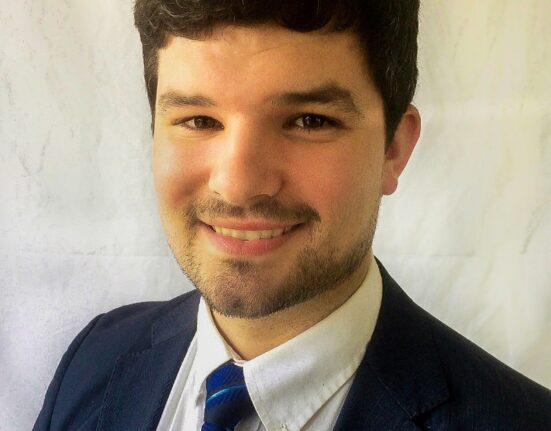Peter Dutton and Anthony Albanese, faces etched with determination, gaze out from a photograph. What values did the Anzacs sacrifice their lives for? It’s a question that resonates deeply on Anzac Day as we honor those who served our nation with unwavering courage.
The legacy of our veterans is not just about remembrance but also about reflection – reflecting on the values they fought to uphold. Greg Jericho, in his thought-provoking piece, challenges us to consider if our politicians are bold enough to champion policies that embody these cherished principles.
With every passing year, Anzac Day serves as a poignant reminder of the sacrifices made by individuals like Jericho’s father, whose birthdate was drawn in the national service lottery. The personal connection to that turbulent period in history underscores the significance of honoring our past and shaping our future.
“What are these values we hear soldiers sacrificed their lives for?”
As Jericho delves deeper into the essence of these values, he raises crucial questions about the societal fabric we aspire to weave. Is Australia truly offering a “fair go” when segments of society grapple with poverty amidst economic stability measures? The disparity between rhetoric and reality prompts introspection on the core principles driving our nation forward.
“Is it a society where the unemployed live in poverty while… jobseeker is about 38% below the poverty line?”
Moreover, environmental concerns loom large on the horizon. The fragile existence of treasures like the Great Barrier Reef underscores the urgent need for decisive climate action. Shouldn’t political leaders be at the forefront of safeguarding our natural heritage rather than jeopardizing it for short-term gains?
“Surely a political party proud of Australia would be making… noise possible to get action on climate change.”
While some strides have been taken towards acknowledging certain issues – such as admitting no shortage of gas reserves – there remains a glaring lack of courage in addressing pertinent matters head-on. The reluctance to hold foreign companies accountable or impose higher taxes reveals a hesitancy towards bold decision-making.
Jericho’s narrative paints a vivid picture of an Australia at crossroads – torn between upholding tradition and embracing transformation. The dichotomy between honoring veterans’ legacies and enacting policies that align with their values highlights an inherent tension within our socio-political landscape.
In essence, his words serve as both a call to arms and a plea for introspection. They beckon us to explore what it truly means to defend Australia – not just in word but also in deed. True bravery lies not only in commemorating our past but also in forging paths towards an equitable and sustainable future.
So as we reflect on Anzac Day each year, let us heed Jericho’s poignant message: hollow words will not suffice; what we need are courageous policymakers who dare to shape Australia into a beacon of justice and integrity.








Leave feedback about this